06: Harmony
"Your eyes are opened not just once in your life but over and over again, and that is how you come to see what is real..."
One week in Japan has culminated in this moment - a perfect meal of roast beef on top of a soft bed of rice, a side of dipping sauce with a raw egg cracked into it, fresh salad with a tangy dressing that tastes like spring, two life-changing pieces of chicken karaage, a hot bowl of miso soup, and a feeling that I have come to the right place for my soul and my body, and at the right time too. Reading Lafcadio Hearn's "Glimpses of an Unfamiliar Japan", I can sympathise with his feelings of stupid awe and of feeling like he has arrived in Fairyland, where he is now surrounded by beings that are more elf-like than human-like (whether the Japanese around me agree with this sentiment is a different story, but we are all allowed to live in our illusions).
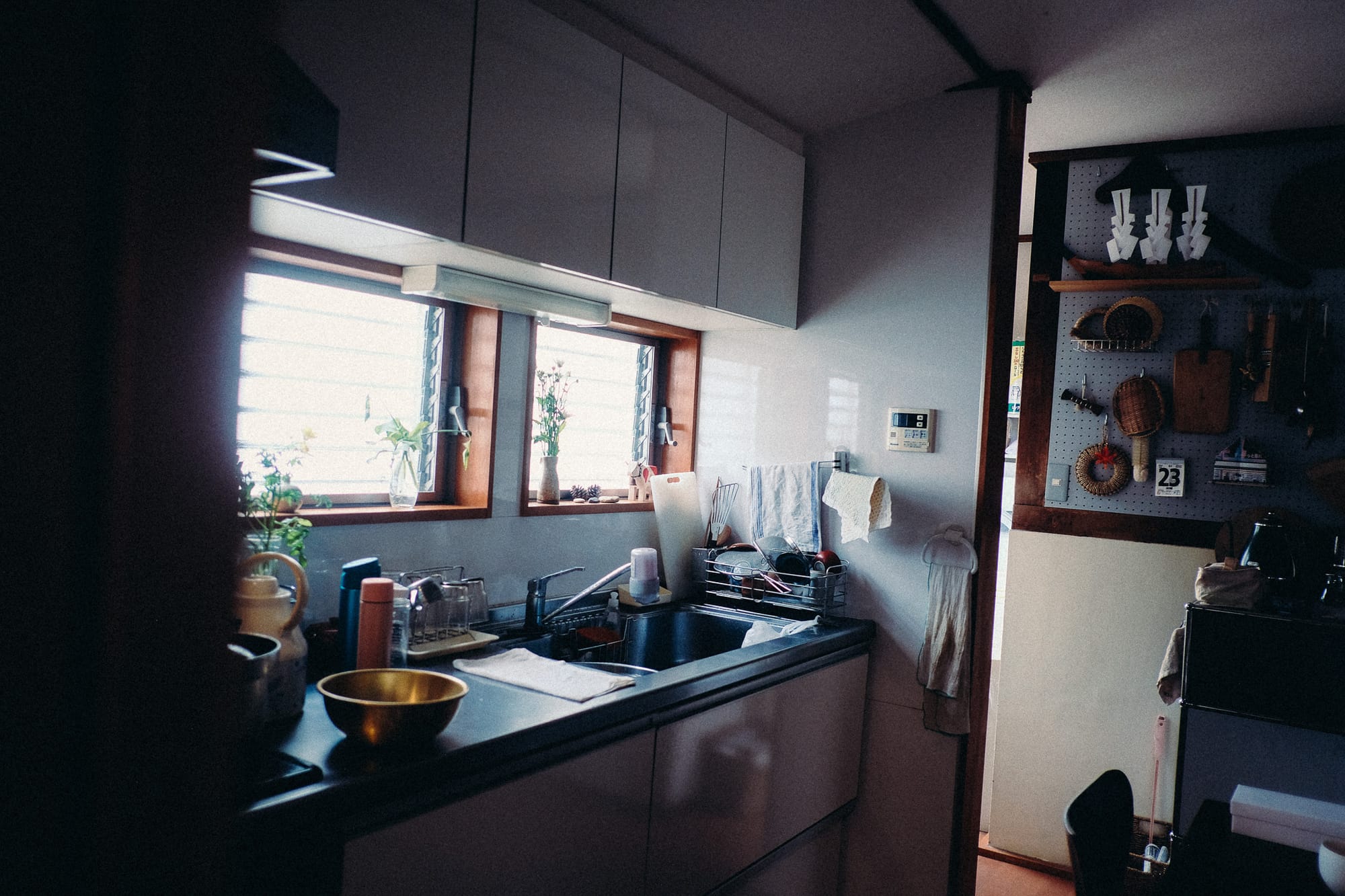
My friend Lucas - who I am here to see in Yaizu - splits his time between here and Tokyo. He lives in an old Japanese house with his wife and her grandmother. The house is beautiful. Beyond beautiful, actually, and slipping into 'inspired' territory. With the help of architect Hiroyuki Yokoyama, they've modernised the house while keeping a lot of the older elements that make it so special. Like the tatami flooring so characteristic of Japanese rooms, that upon touching them with my feet I felt an urge to cry, the sliding partitions (shōji) that are made from washi (paper), and the engawa, a kind of open corridor-terrace that is neither inside or outside, where you can sit, drink a cup of tea, relax and enjoy the outside scenery while you exist in that liminal not-inside not-outside space. All these exquisite elements reflect a simple respect for life and craft. I think that's what made me emotional.
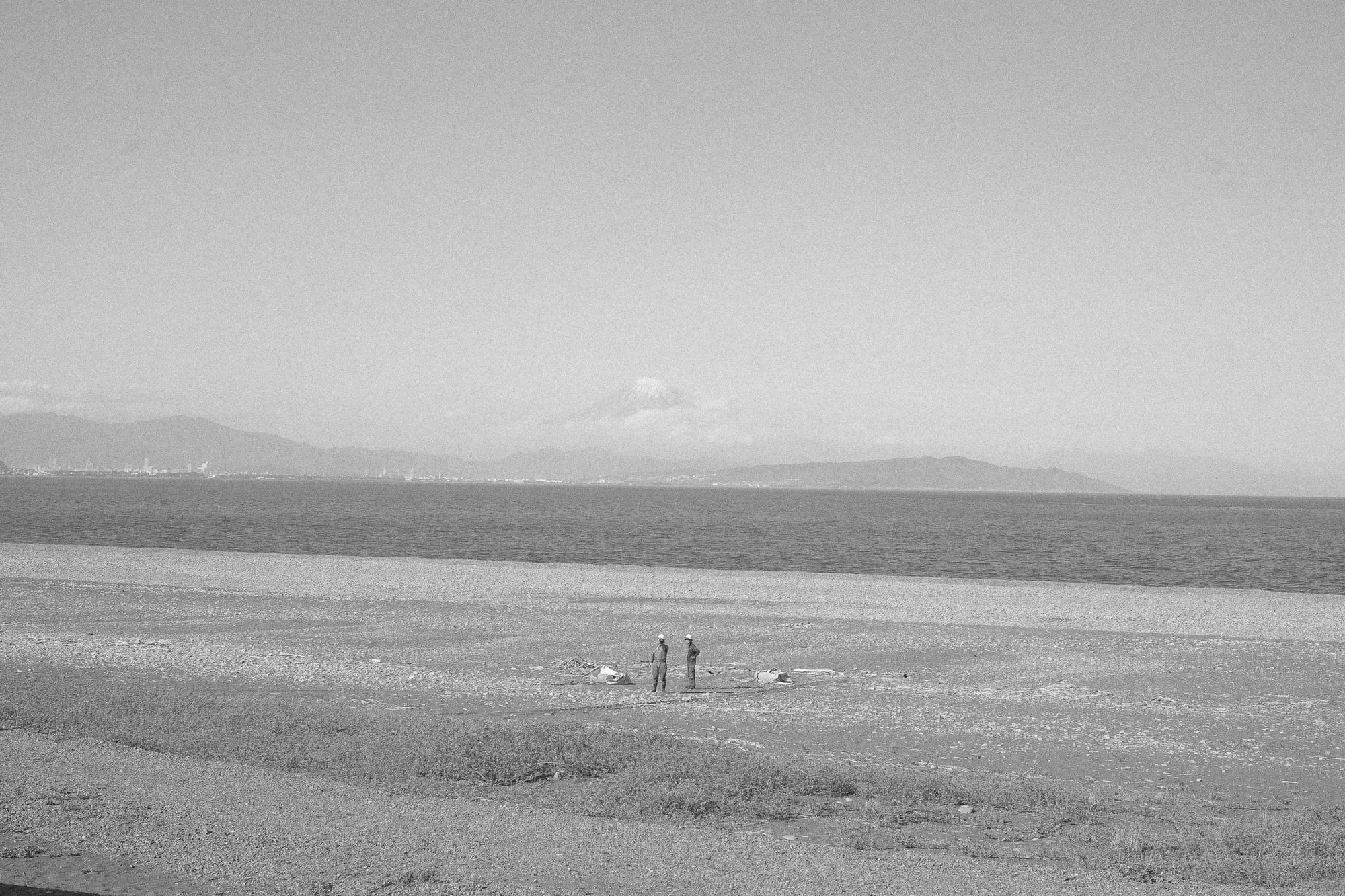
A couple of days ago I went on a rather long walk to see Fuji-san. The sun was finally out. I walked past houses and shops and restaurants and alleyways and imagined a million stories about their occupants. My brain stretched back into history and I thought so vividly about the possible and implausible lives of the people who lived here fifty, a hundred, two hundred, a thousand years ago, that I could almost see their faces in my head, and when I reached the park where my friend said I could see Fuji-san on a clear day, and indeed she was there, shy and gorgeous, I took my notebook out and couldn't stop writing for thirty minutes straight.
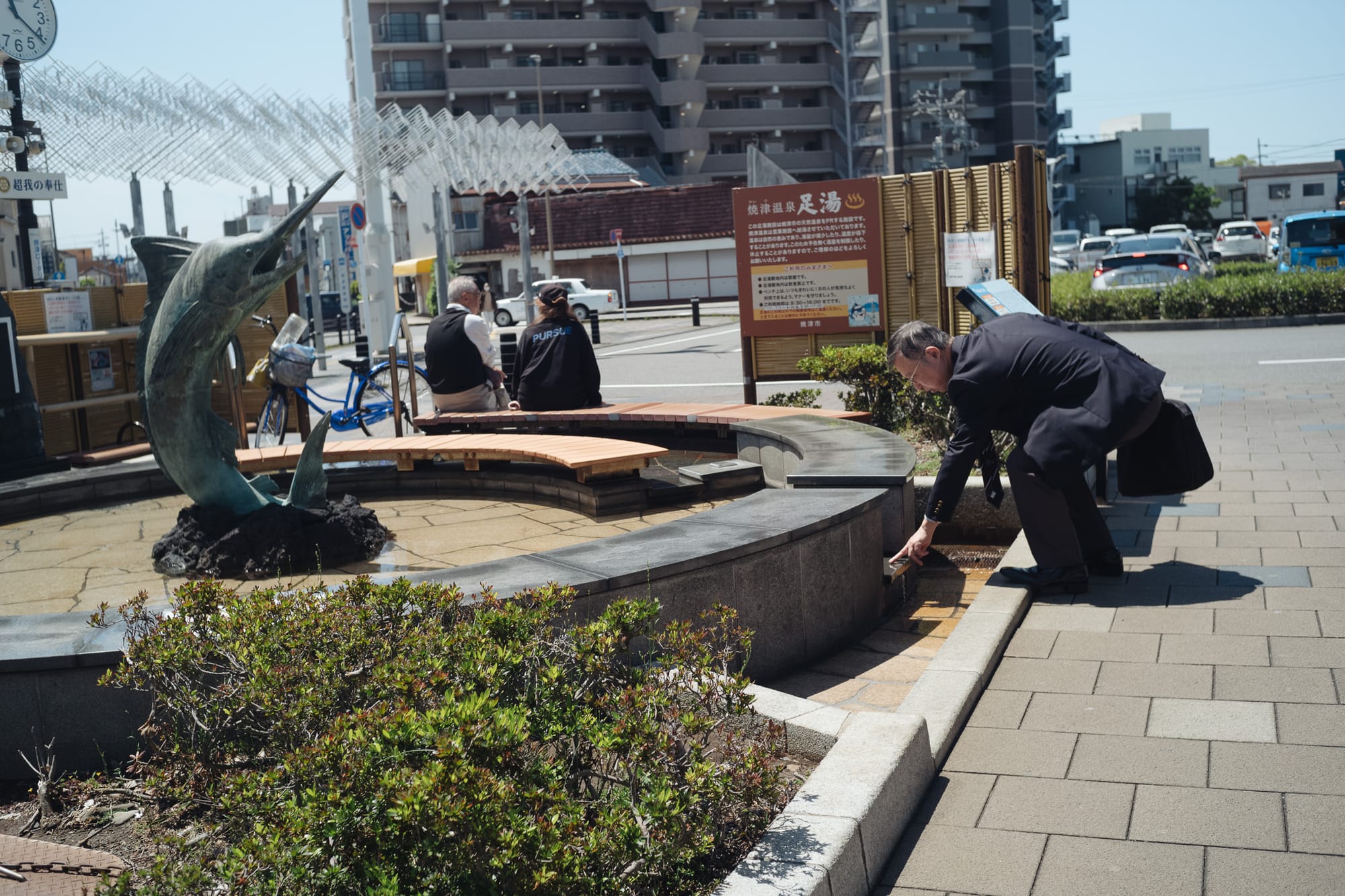
Before I came to Yaizu I thought I would only be here for a day. What could possibly be interesting about this small gray fishing town that no one ever talks about? But I walked out of the train station and Lucas said, here - you can soak your feet here - it's a public hot spring foot bath! - there is a children's library right around the corner - and here by the hot bath is some information about Yakumo Koizumi (originally Lafcadio Hearn), the famous writer who fell in love with Yaizu... and for some reason, I was hooked.
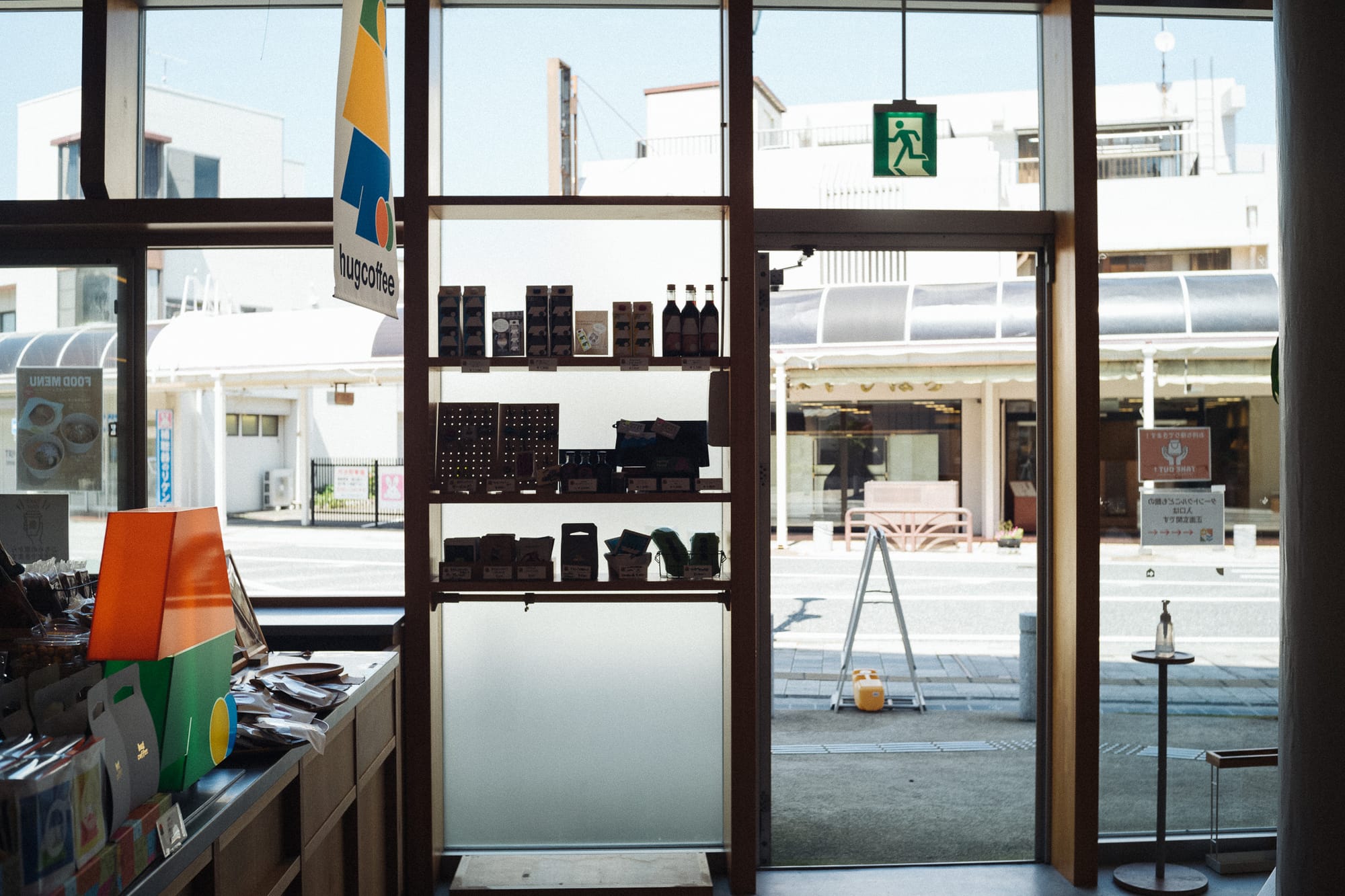
I have been spending a lot of time writing and working in this cafe that's attached to the children's library, subsisting on the best matcha shake I have ever had and the kindness of my new friend Yumi, who works here while her son goes to pre-school nearby. My brain works well here. I think we forget sometimes how important our environment is, how sometimes we are simply where we are. A highly developed human being with great powers might be immune to their environment, but there is no shame in admitting that sometimes our environment drives us crazy or inspires us or turns us into a slightly different version of ourselves. I am a different human being in Singapore, I think, even if by tiny degrees, and I am a different human being here in Yaizu.
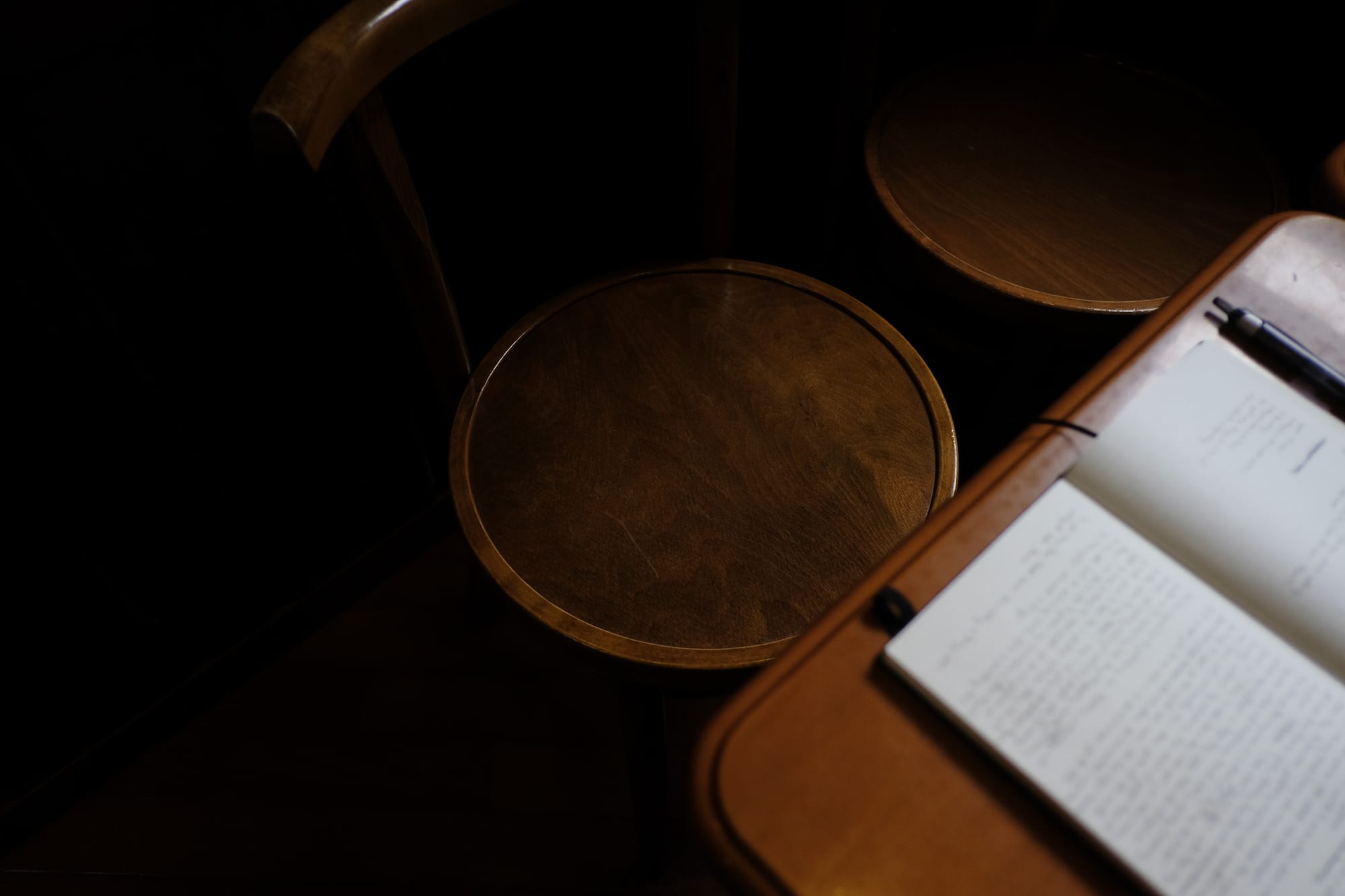
I'll admit that I haven't been thinking about photography much. The world of the image sometimes doesn't interest me. Or sometimes I don't want to think about photography because I want it to remain a simple physical act with no philosophical dimensions, just a plain vessel for recording life with. And more and more I enjoy the idea of the snapshot, taking photos of people and things and places without much fuss or ego. This is in direct opposition to the idea of creating a 'good photograph' or a 'masterpiece' - something great that can be attributed to me or my talent. Wouldn't it be better to just record life as it is?
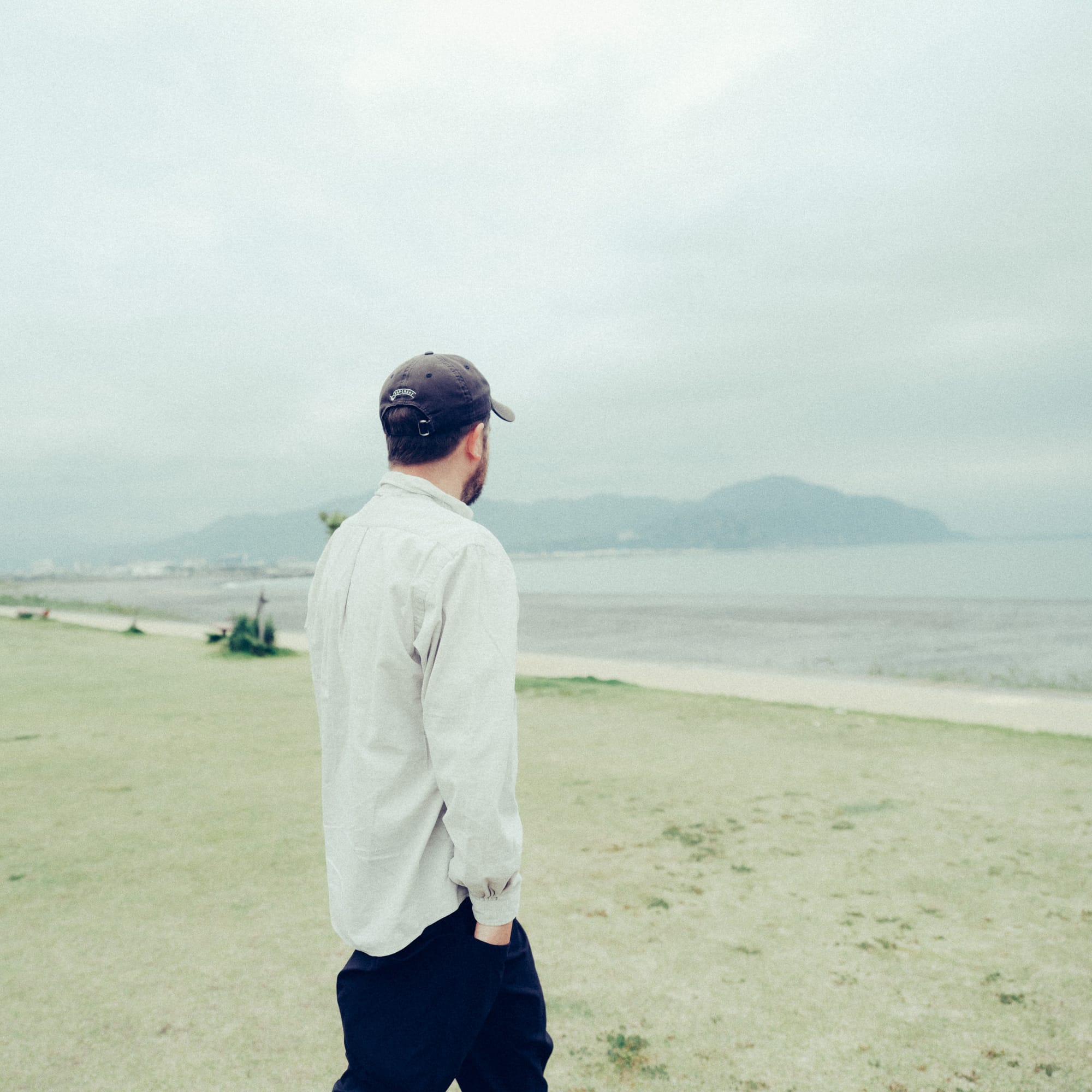
This is my friend Lucas - he runs Papersky, a wonderful magazine that is also 'a door to the world and a means to journey within'. I admire Lucas a lot and I think he's something of a genius. If you're old enough you might remember TOKION, a cult youth fashion magazine that was also one of the most influential publications of its time during the 90s. Lucas started that magazine as a 20-something year old. We first met ten years ago when I cold-emailed him to see if I could interview him for my photo project Creative People + Projects. He said yes, invited me to his house/office, and was amazingly kind when we met. Seeing him in Yaizu again ten years later, I feel new and deeper feelings about not just his work but his being. Maybe it's because I am older too, and age has given me more insight, but this time around I can sense something harmonious about the way he manages his work and his life. I understand that he is only able to do what he does because he has integrated his beliefs with his actions. There is a lot of integrity involved. When I asked him to describe the spirit of Papersky, he used the word 'respect'.
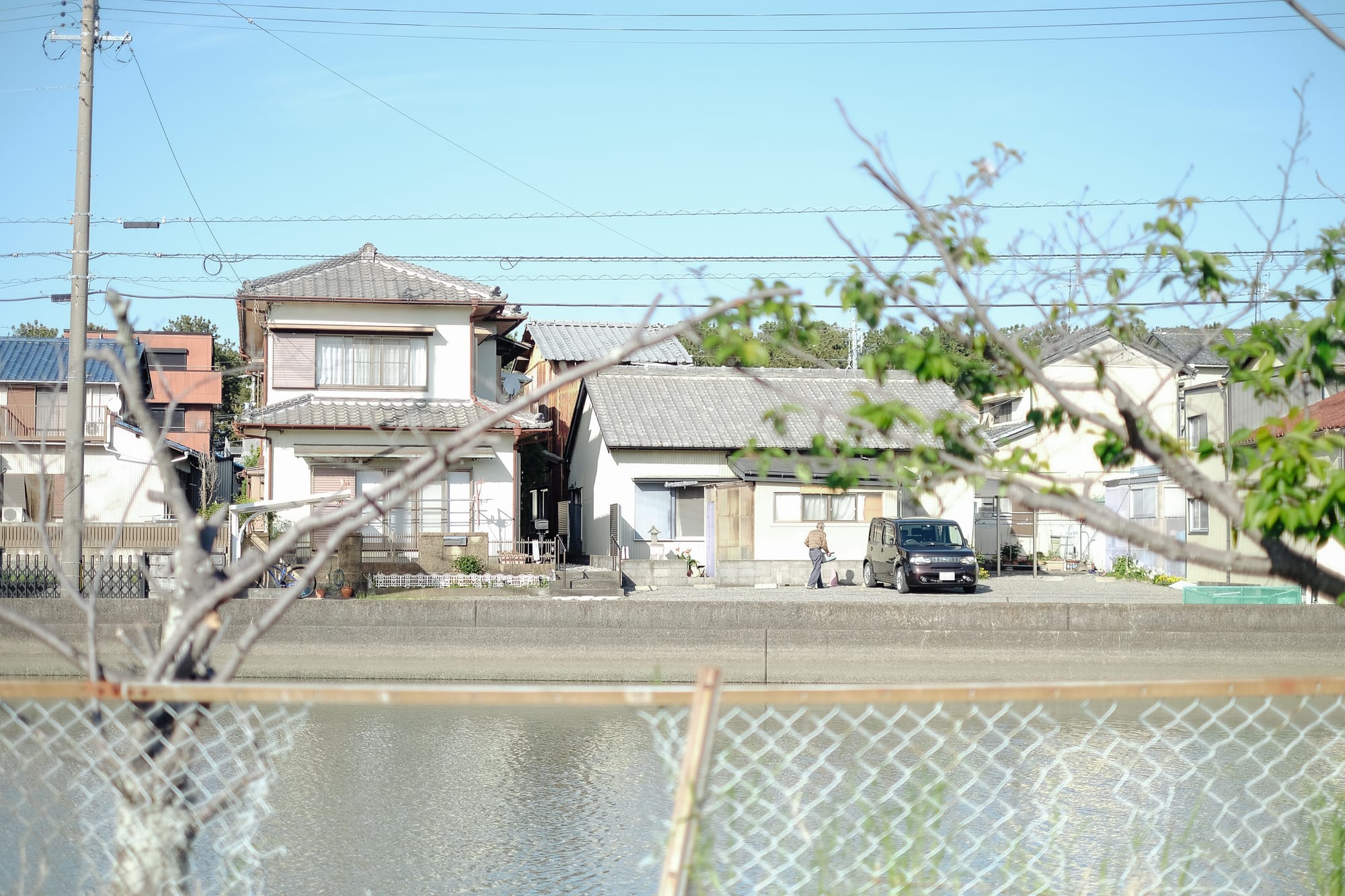
I think I need to end the newsletter somewhere. There is a lot more I want to share but I shall hoard them for future issues. In the meantime, I am still here in Japan, reading and thinking and writing and eating and living.
It's been a really good trip so far.
"Your eyes are opened not just once in your life but over and over again, and that is how you come to see what is real. . . . As people in olden times said, 'Being enlightened is equivalent to the state preceding enlightenment.' "
- Masako Shirasu